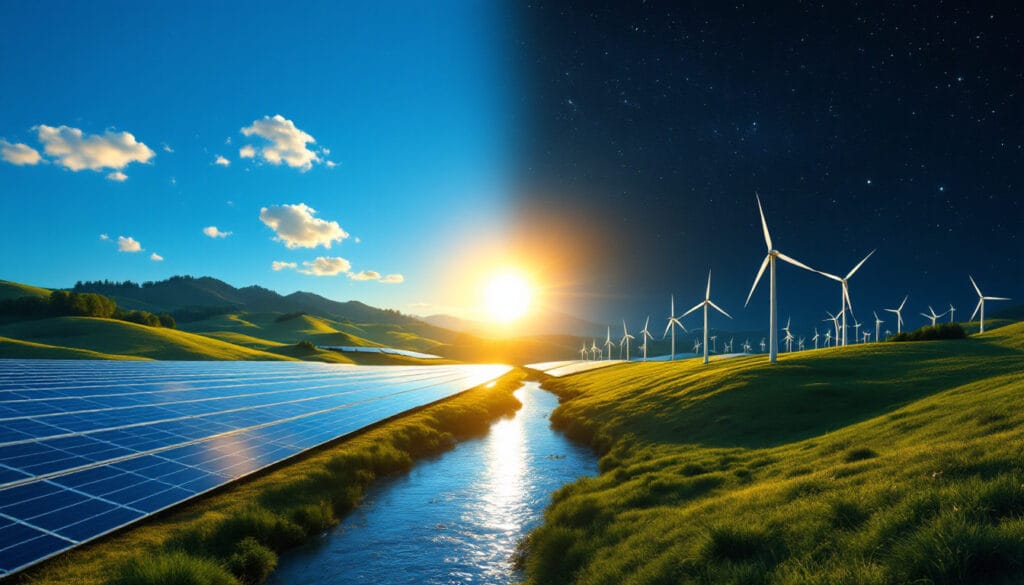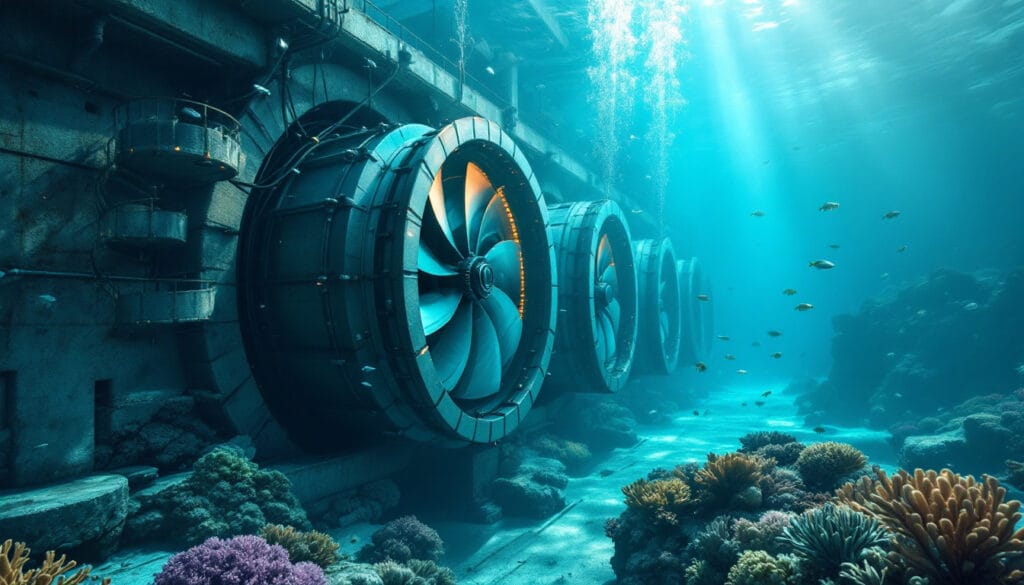An ecosystem consists of a community of organisms interacting within a specific environment. This unit, also known as biocenosis, encompasses a variety of habitats such as forests, seas, and even small ponds. The ecosystem functions as a dynamic living entity, essential for the continuity of life. The complex interactions between living beings and their living environment, or biotope, demonstrate the importance of these natural configurations. This functional system allows species to feed, reproduce, and ensure their survival. By better understanding these ecological systems, we can support environmentally respectful initiatives and promote a sustainable transition.
An ecosystem is a central concept in ecology, designating a natural space where different living and non-living elements interact. These interactions create a balanced and dynamic whole that is maintained over time. Understanding this complex system is essential to promote sustainable development and environmental protection.
The core of the ecosystem rests on the symbiotic relationship between biocenosis – the ensemble of living organisms such as plants, animals, bacteria, and fungi – and the biotope, that is, the physical environment in which these organisms live, which can include soil, water, air, or light. The slightest disturbance of one of these elements can affect the entire ecosystem.
Ecosystems can vary significantly in size and nature. They can be as small as a park or a neighborhood pond, or as vast as a jungle or an ocean. Terrestrial, aquatic, and marine ecosystems cover the entire planet, with each type having its own specific characteristics and species.
One of the fascinating aspects of the ecosystem is its internal functioning. Food chains illustrate how organisms feed and reproduce. Primary producers, such as plants, convert solar energy into food through photosynthesis. Consumers follow, and the cycles are completed with decomposers that close the loop by recycling nutrients.
Biodiversity is crucial for the proper functioning of an ecosystem. It ensures resilience and adaptability in the face of environmental changes. Unfortunately, ecosystems are today threatened by human practices such as deforestation, pollution, and climate change.
In the face of these challenges, numerous protection and preservation initiatives are being implemented. The development of innovative solutions, such as ecosites and biomass valuation strategies, reflects a growing interest in a more harmonious coexistence between humans and nature.
Another essential issue related to the ecosystem is the question of biodiversity credits. The debate surrounding these compensation systems continues to evolve, with varying perspectives regarding their efficiency. The recent framework for biodiversity credits aims to avoid the creation of a global exchange market, preferring more contextualized approaches.
The importance of ecosystems is not limited to ecological aspects. They are fundamental to human and economic well-being. Sustainable and respectful management is therefore essential to ensure the longevity of the resources our planet offers. Adapting economic models and exploring long-term targeted solutions will significantly contribute to this balance. For more information on these innovative initiatives, see the inspiring story of Jeremy Leggett, a pioneer in the field of solar energy.
FAQ: Understanding the Ecosystem: An Introduction
Q: What is an ecosystem?
A: An ecosystem is a system formed by a community of living beings (biocenosis) and their physical environment (biotope). It represents a dynamic whole where organisms interact with each other and with their surroundings.
Q: What are the different types of ecosystems?
A: Ecosystems can be classified based on their physical environment into types such as marine, aquatic, and terrestrial ecosystems. Each of them hosts unique communities of organisms that adapt to their specific conditions.
Q: Why are interactions in an ecosystem important?
A: Interactions within an ecosystem are crucial as they maintain ecological balance and ensure the continuity of life. Relationships between organisms, such as predation, competition, and symbiosis, shape the structure and functioning of the ecosystem.
Q: What is the importance of ecosystems?
A: Ecosystems provide essential services such as climate regulation, water purification, crop pollination, and nutrient cycling. They form the basis of biodiversity and support human life through their indispensable natural functions.
Q: How are ecosystems studied in ecology?
A: In ecology, the study of ecosystems focuses on the interactions between organisms and their environment. This involves analyzing energy flows, nutrient cycles, and population dynamics to understand and preserve the sustainable functioning of these systems.
Articles similaires
Thank you!
We will contact you soon.













